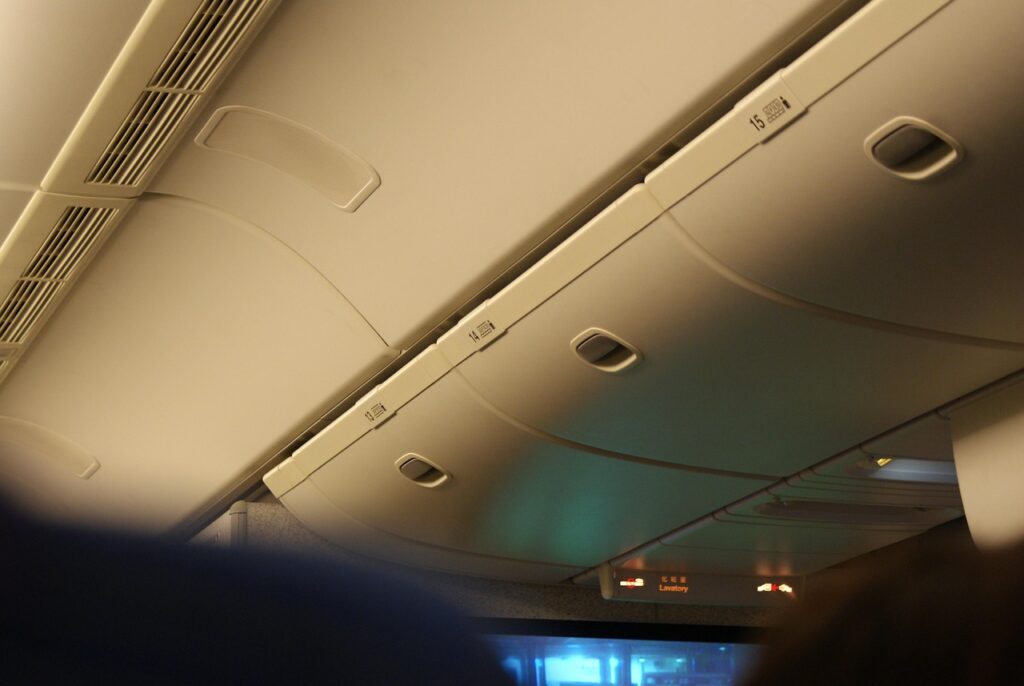What You Need to Know About Customs Duties and Taxes
A Simple Guide to Understanding How Import Fees Work
Understanding Customs Duties and Taxes During Clearance – >Introduction
When you buy something from another country and it arrives, you might have to pay extra fees. Understanding Customs Duties and Taxes During Clearance is important because These are called customs duties and taxes. They help countries control what comes in and collect money for public services. This article will explain what these fees are, how they are calculated, and ways to handle them smoothly. Whether you’re a business owner or shopping online, this guide will help you avoid surprises and save time. Let’s start by understanding the basics of customs duties and taxes.
What Are Customs Duties and Taxes
Defining the Basics
Customs duties are fees governments charge when goods cross their borders. Taxes during clearance are extra costs added based on the item’s value or type. These fees exist to protect local businesses, control imports, and fund public projects like roads or schools. For example, if you buy shoes from another country, your government may charge a duty to support local shoe makers.
Why They Matter
Ignoring these fees can lead to delays or losing your package. Governments use them to track what enters the country and ensure safety. Some items, like medicines, might have lower taxes to make them affordable. Others, like luxury goods, often cost more due to higher fees. Knowing these rules helps you plan better and avoid problems.
How Customs Fees Are Calculated
The Role of Item Value
Most duties depend on the item’s price. This includes the product cost, shipping, and insurance. For example, a $100 necklace with $20 shipping will have fees based on $120. Some countries have minimum value limits. Items below this limit may not be taxed. Check your country’s rules to see if your purchase qualifies.
Other Key Factors
- Origin Goods from countries with trade agreements may have lower fees.
- Type of Item Electronics, clothes, and food often have different tax rates.
- Quantity Large orders might be taxed more strictly.
Tools like online duty calculators can estimate fees. Always keep receipts to prove your item’s value if asked.
Handling Payments and Avoiding Problems
Preparing the Right Paperwork
Every shipment needs documents like invoices, packing lists, and permits. Describe items clearly using common names. Wrong labels, like marking a toy as a “gift,” can lead to fines. Use accurate codes (called HS Codes) to classify your goods. This helps customs process your package faster.
Working With Experts
Customs brokers can handle paperwork and payments for a fee. They know local laws and can negotiate with officials. For small businesses, brokers save time and reduce errors. If you ship often, consider hiring one. Many delivery companies also offer clearance services for an extra cost.
Common Mistakes to Avoid
- Understating Value Lying about prices can lead to penalties or seized goods.
- Ignoring Banned Items Check restricted items, like certain plants or foods, before shipping.
- Missing Deadlines Pay fees quickly to avoid storage charges or returns.
Conclusion
Customs duties and taxes don’t have to be confusing. By understanding what they are, how they work, and how to manage them, you can save money and time. Always research fees before ordering from abroad. Keep your paperwork accurate, and ask experts for help if needed. Being prepared makes international shopping and shipping easier for everyone.
In conclusion, Understanding Customs Duties and Taxes During Clearance is an important topic.
For more details, visit the World Customs Organization’s guide on customs valuation or read the U.S. government’s customs duty FAQ.


